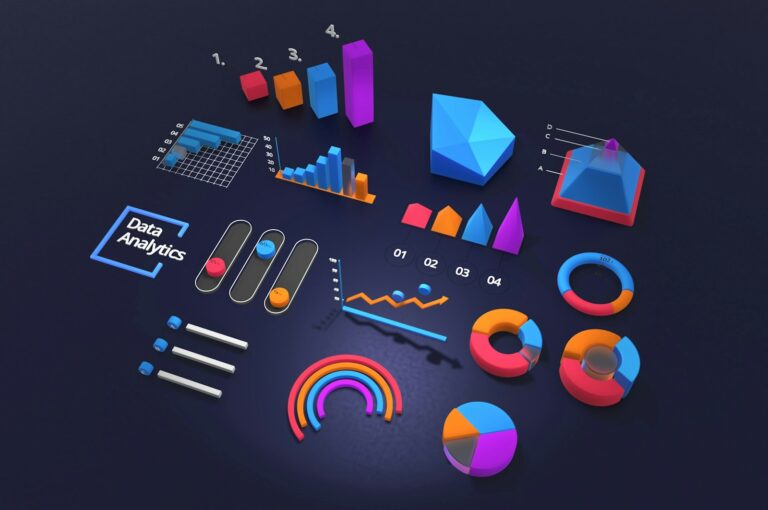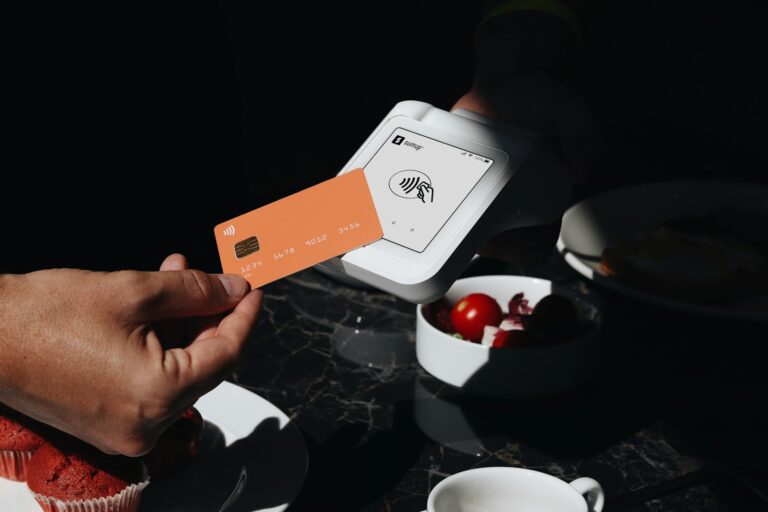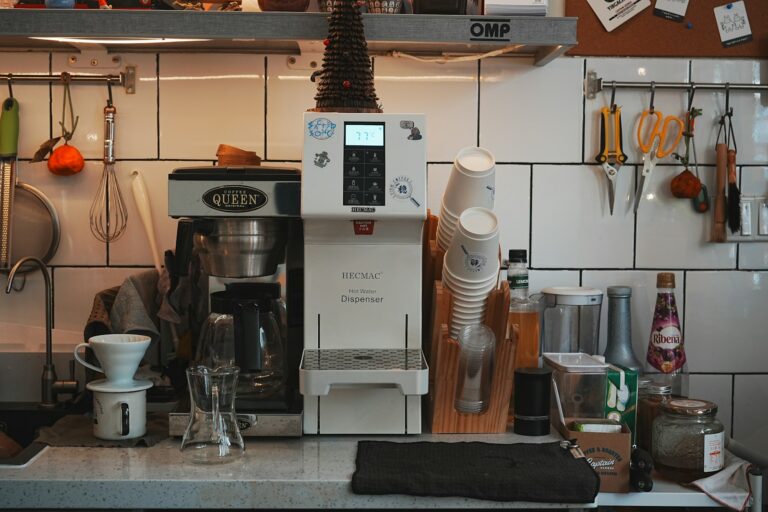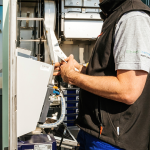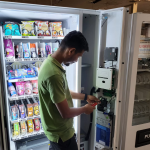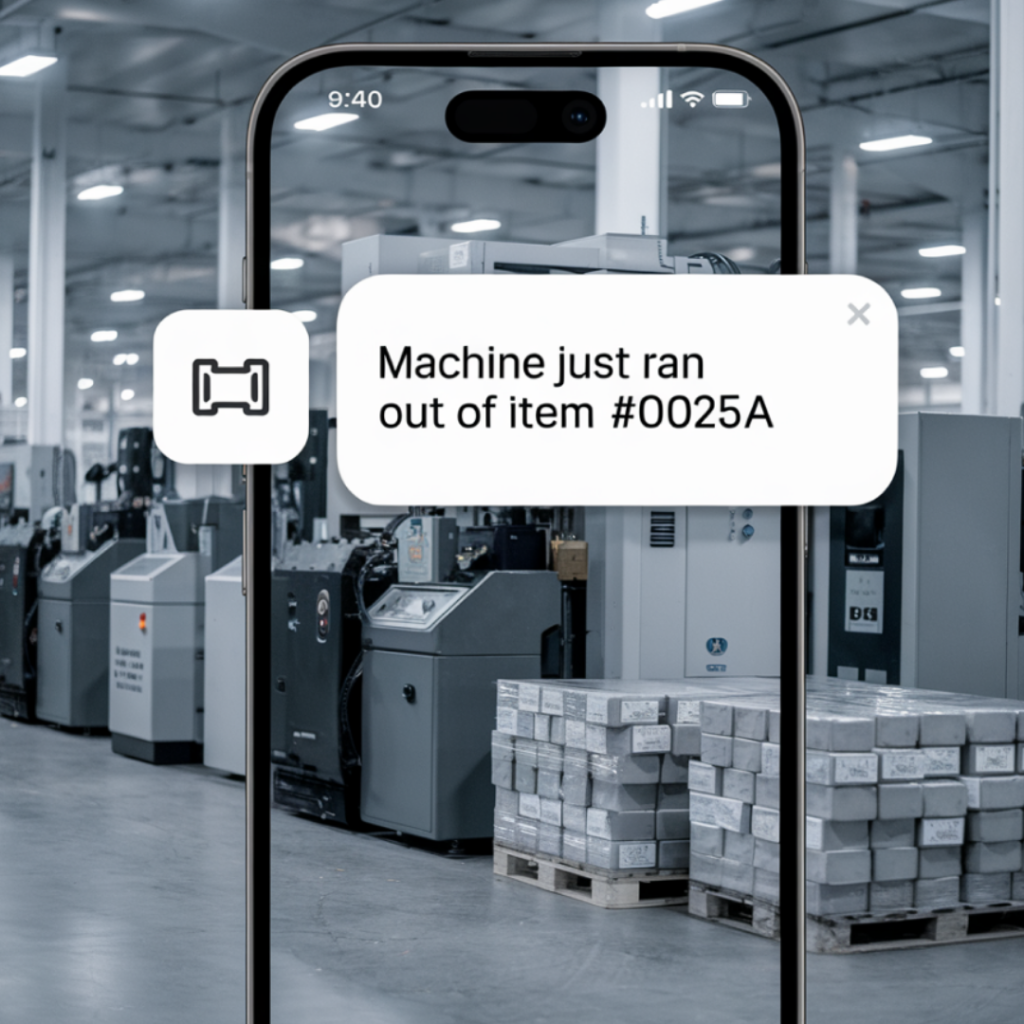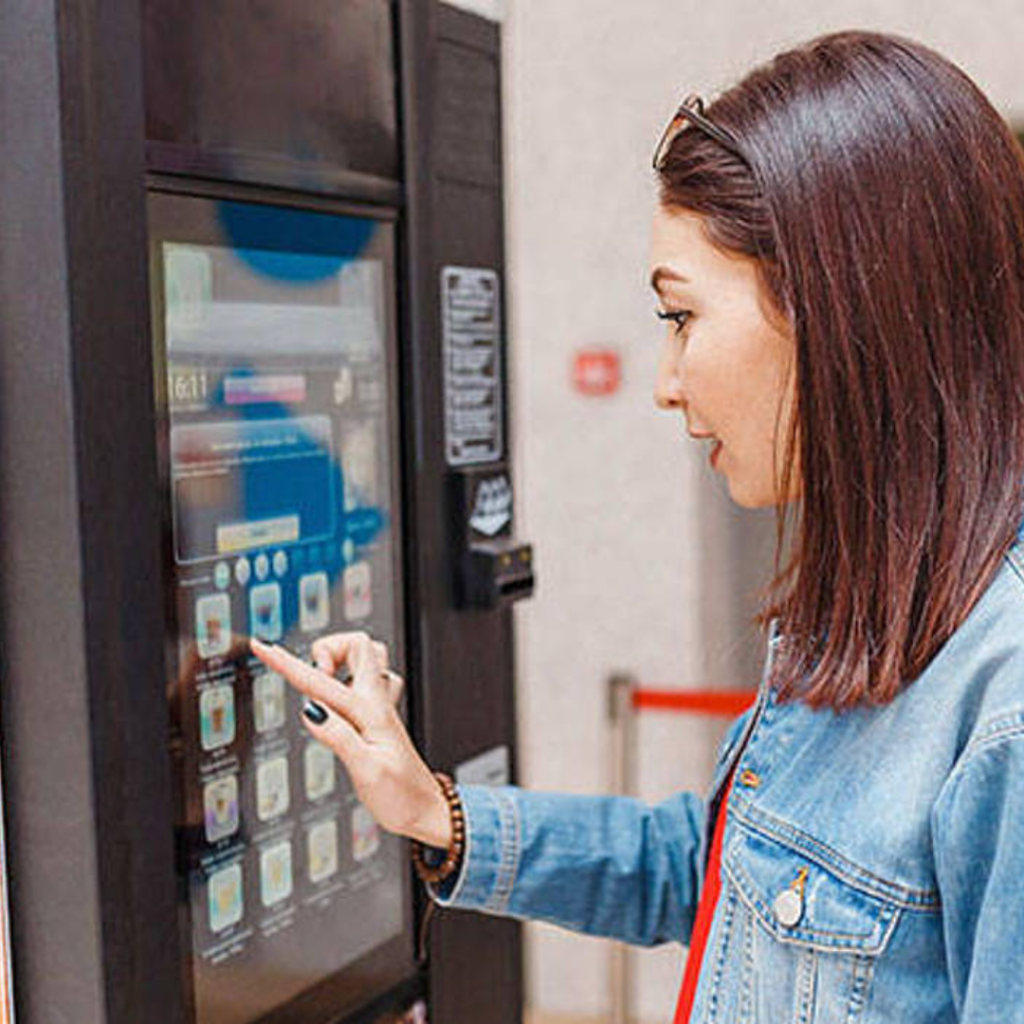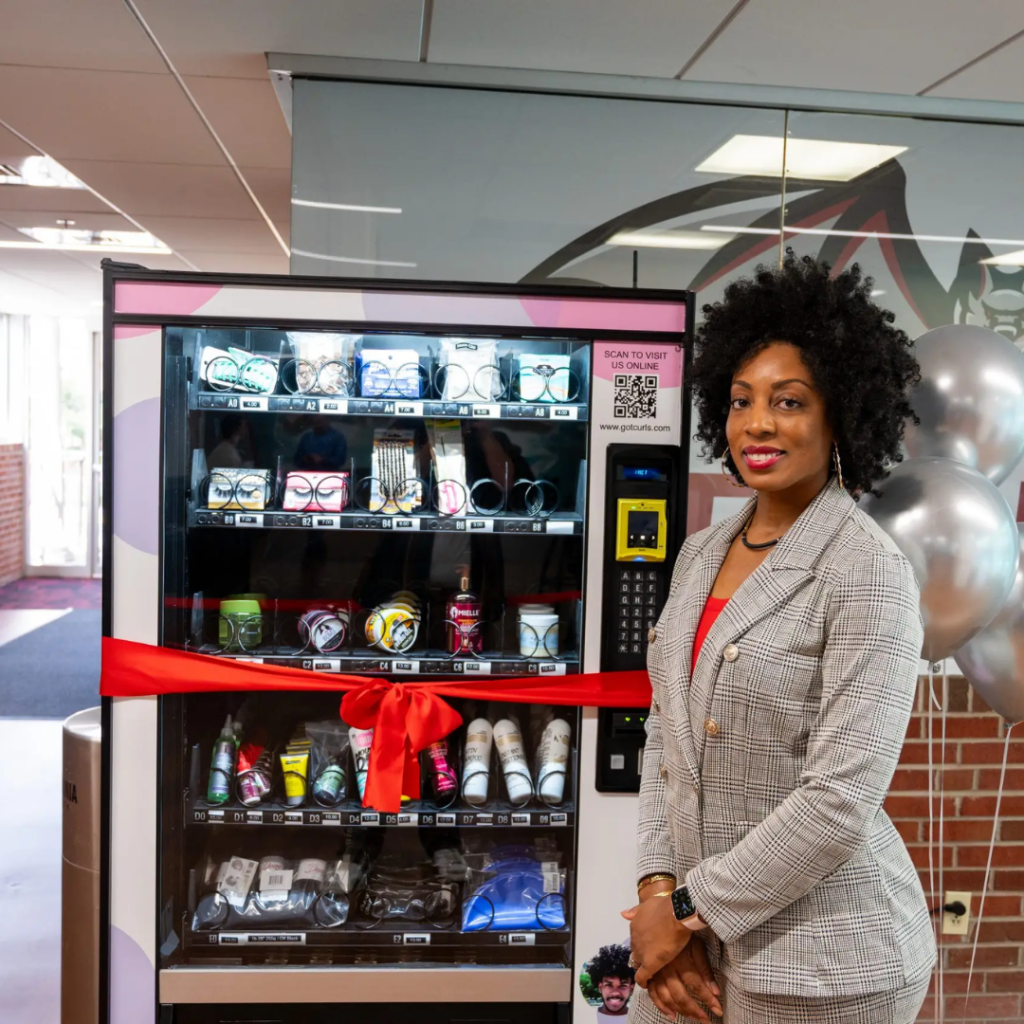How to Legally Own and Operate a Beer Can Vending Machine in Florida
Introduction
Owning and operating a beer can vending machine in Florida is an innovative business idea that taps into the state’s bustling tourism and vibrant nightlife. However, due to the sale of alcohol being heavily regulated, there are specific legal requirements and steps you must follow to ensure your business operates within the law. This guide will walk you through the necessary steps to legally own and operate a beer can vending machine in the state of Florida.
Are Beer Vending Machines Legal in Florida?
Yes, beer vending machines are legal in Florida—but only if operated in full compliance with state alcohol laws. Under the Florida Division of Alcoholic Beverages and Tobacco (ABT), beer sales through vending machines are permitted as long as the operator has the correct alcohol licenses, enforces strict age verification, and meets zoning and technology requirements.
This guide walks you through the six specific steps you’ll need to follow to legally operate a beer can vending machine in Florida—including licensing, age verification, location strategy, and smart vending tech setup.
Step 1: Understand Florida’s Alcohol Sales Regulations
Florida’s alcohol distribution is governed by Chapter 561–568 of the Florida Statutes and enforced by the ABT under the Department of Business & Professional Regulation (DBPR). These laws define alcohol vending machines as self-service retail points that must comply with the same legal standards as convenience stores, bars, and restaurants.
Here’s what’s required by law:
- Minimum Legal Age: All purchasers must be 21+. No exceptions.
- Retail Licenses Required: You must have a retail license issued by the ABT, even if the vending machine is unattended.
- Self-Service Restrictions: Beer vending machines must have technology in place to prevent underage access.
- Operational Control: You are responsible for sales tracking, ID verification, and legal compliance at all times—even if the machine is in a remote location.
Step 2: Apply for the Correct Alcohol Beverage Licenses
There are two key licenses you’ll need from the Division of Alcoholic Beverages and Tobacco (ABT):
- Vendor’s License (Series 1APS)
- This license allows you to sell beer (in sealed containers) for off-premises consumption.
- You’ll apply through the ABT Form DBPR ABT-6001, available online or in person.
- Fees vary by county but generally range from $100 to $400 per year.
- Florida Sales Tax Certificate
- Issued by the Florida Department of Revenue.
- Required for all vending machines, alcohol or not.
- Register online through Florida’s DOR e-Services Portal.
🔎 Important: If you plan to sell wine or spirits in addition to beer, you’ll need a different license (e.g., 2APS or 1COP), and vending restrictions may be tighter.
Step 3: Choose a Location That Meets State and Local Zoning Requirements
You can’t place a beer vending machine just anywhere. Location decisions are heavily influenced by local zoning ordinances and state restrictions.
Key Considerations:
- Zoning Approval: Alcohol vending machines must be placed in commercial zones where retail alcohol sales are allowed.
- Distance Restrictions: In many counties, alcohol vendors must be a certain distance (e.g., 500–1,000 feet) from schools, churches, and residential zones.
- Secured Access: Ideal locations include 21+ venues like nightclubs, hotel lounges, dispensaries, or employee-only breakrooms.
To ensure compliance, contact your city or county zoning department before signing a lease or installing the machine.
Step 4: Implement Advanced Age Verification Technology
Florida law requires that all automated alcohol sales include reliable, tamper-proof age verification systems. This is the most critical compliance factor.
What You’ll Need:
- Government ID Scanner: Scans the barcode or chip on state-issued IDs and passports.
- Biometric Verification (Optional): Some systems offer facial recognition for two-factor authentication.
- Time-Based Access Controls: Restrict sales during prohibited hours based on Florida’s local alcohol sale laws.
The best way to meet these requirements is with an age-verification vending machine that integrates ID checks with payment processing. These machines are purpose-built for legal compliance in alcohol, tobacco, and vape sales.
Step 5: Use Smart Vending Machines with MDB-Compatible Ports
Your vending machine must support secure payment and compliance hardware. Look for models that are MDB-compatible, which means they support modern plug-and-play peripherals without complicated programming.
Devices You Can Connect:
- Card and chip readers
- NFC/contactless payment modules (e.g., Apple Pay, Google Pay)
- ID scanners and biometric devices
- Coin and bill acceptors (optional)
- Remote monitoring software for sales tracking
All custom vending machines from VMFS include MDB ports and are ready for Apple Pay, facial ID, and advanced compliance modules. That flexibility gives you full control over both user experience and legal safeguards.
Step 6: Maintain Records and Stay Compliant Long-Term
Once you’re up and running, your compliance obligations continue. You must maintain transaction logs, licensing paperwork, and service documentation to stay audit-ready.
Your Compliance Toolkit:
- Sales Logs: Track all transactions, including timestamp, product sold, and ID verification outcome.
- Maintenance Logs: Record hardware/software updates, ID scanner calibrations, and security events.
- License Renewals: ABT licenses and tax certificates must be renewed annually—mark your calendar.
- Routine Audits: Schedule internal or third-party reviews every 6–12 months to stay current on new legal changes.
FAQs About Beer Vending Machines in Florida
Are beer vending machines legal in Florida?
Yes, they are legal—but only if you obtain the proper alcohol licenses, enforce age verification, comply with zoning rules, and use certified vending hardware. Without these, you risk fines, license revocation, or business shutdown.
Do I need a permit for a vending machine in Florida?
Yes. All vending machines must be registered with the Florida Department of Revenue. If the machine sells alcohol, you’ll also need a license from the Florida Division of Alcoholic Beverages and Tobacco (ABT)—typically a 1APS license for beer sales.
Do drink vending machines make money?
They can be very profitable in the right location. Cold beer vending machines placed in clubs, hotels, or event spaces with legal access controls often generate higher margins than snack machines. Remote monitoring, product upselling, and cashless convenience drive even greater ROI.
How do cashless beer vending machines work?
Cashless vending machines let customers pay with a card, phone, or smartwatch. When integrated with age-verification, the machine first checks the buyer’s ID, then authorizes payment, then dispenses the product. VMFS machines are plug-and-play ready for card readers, Apple Pay, and compliance modules.
Can I add a card reader to a beer vending machine?
Yes, as long as the machine is MDB-compatible, which all VMFS machines are. Adding a card reader, tap-to-pay module, or ID scanner is fast, secure, and doesn’t require any firmware changes.
Conclusion: A Legal Path to Automated Alcohol Sales
Beer vending machines are 100% legal in Florida when operated within the state’s alcohol laws. By following the proper steps—licensing, location selection, age verification, and equipment setup—you can tap into a profitable new model for automated alcohol sales.
With custom beer vending machines, cashless systems, and built-in compliance features, VMFS makes it easy to launch your vending business the right way—fully licensed, fully secure, and fully automated.


